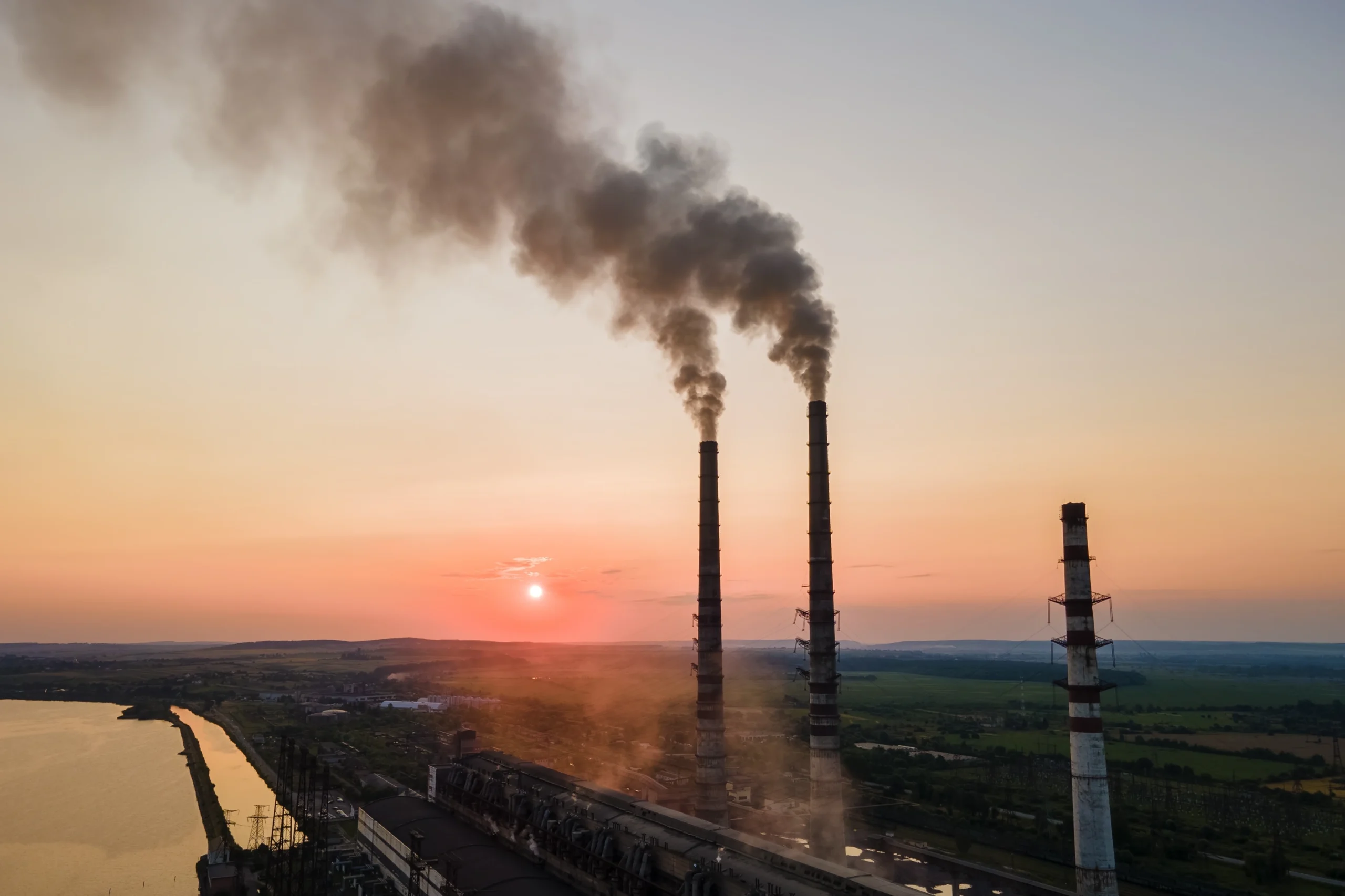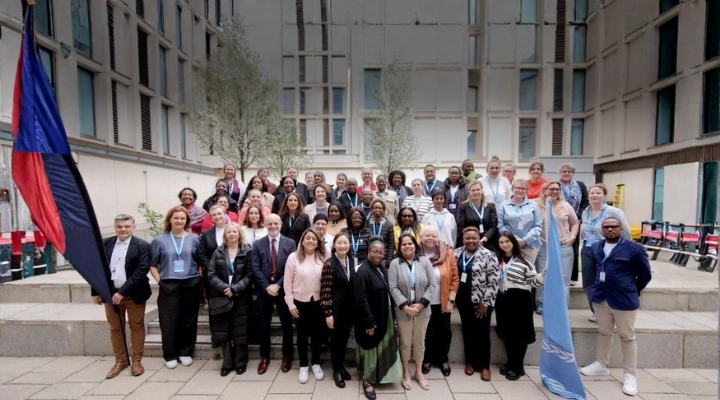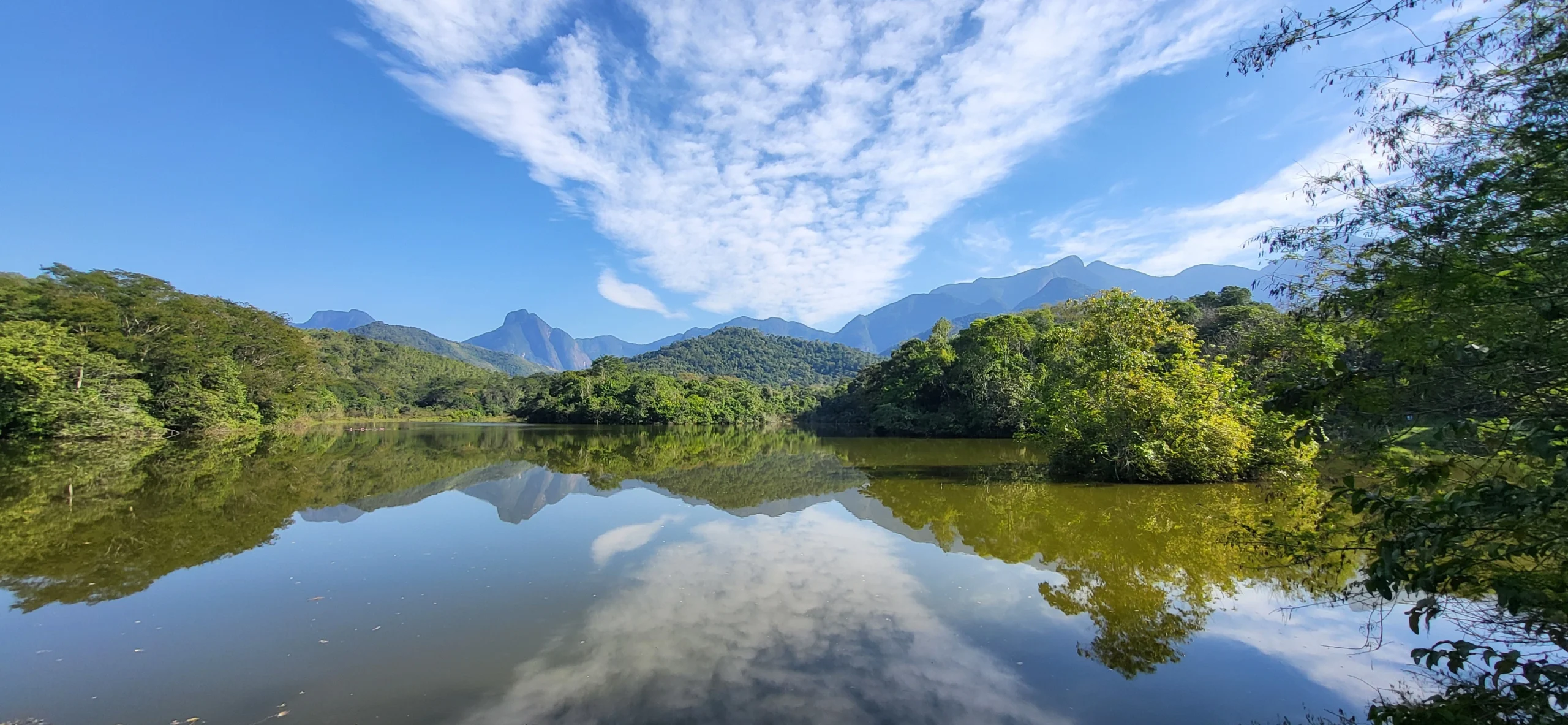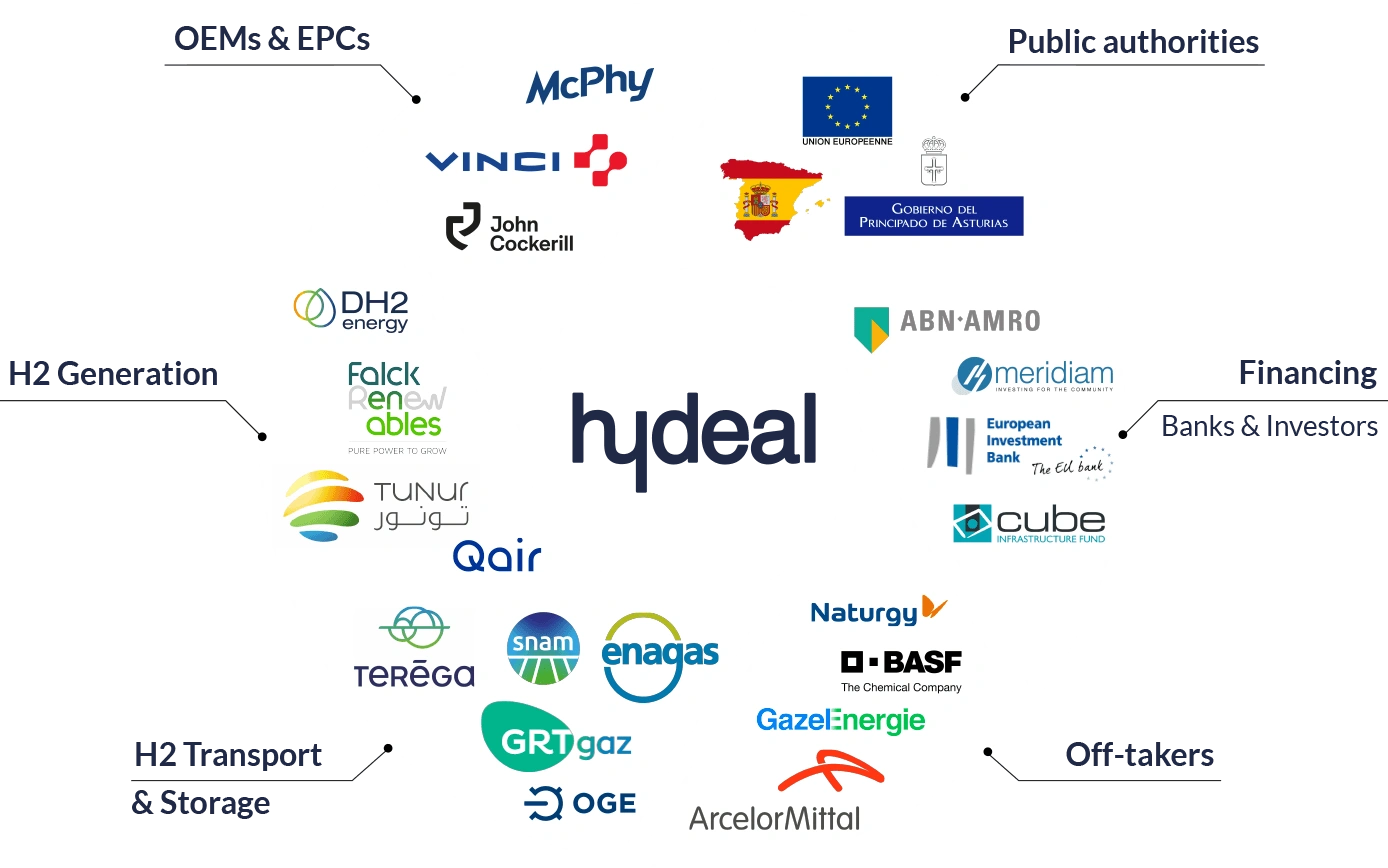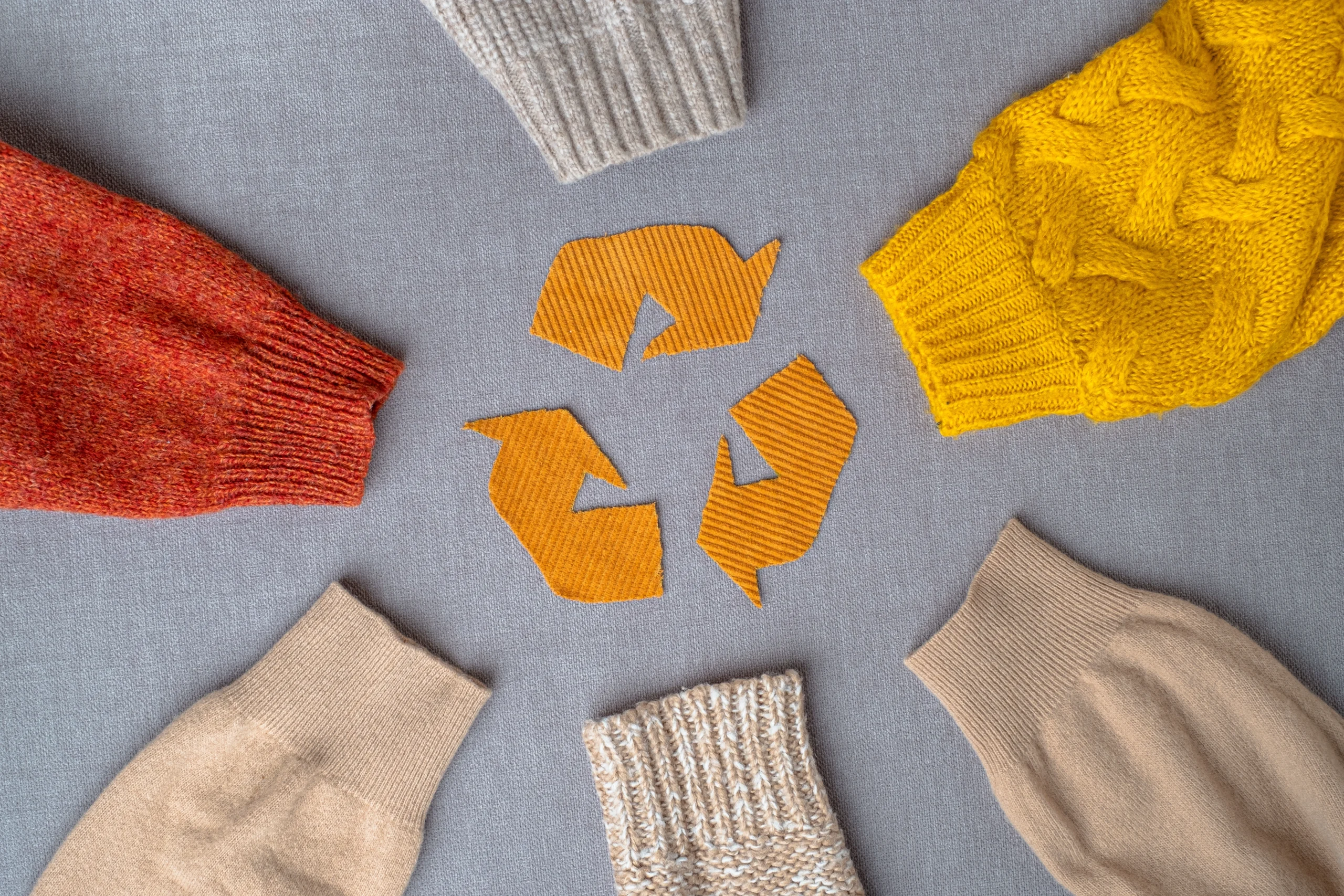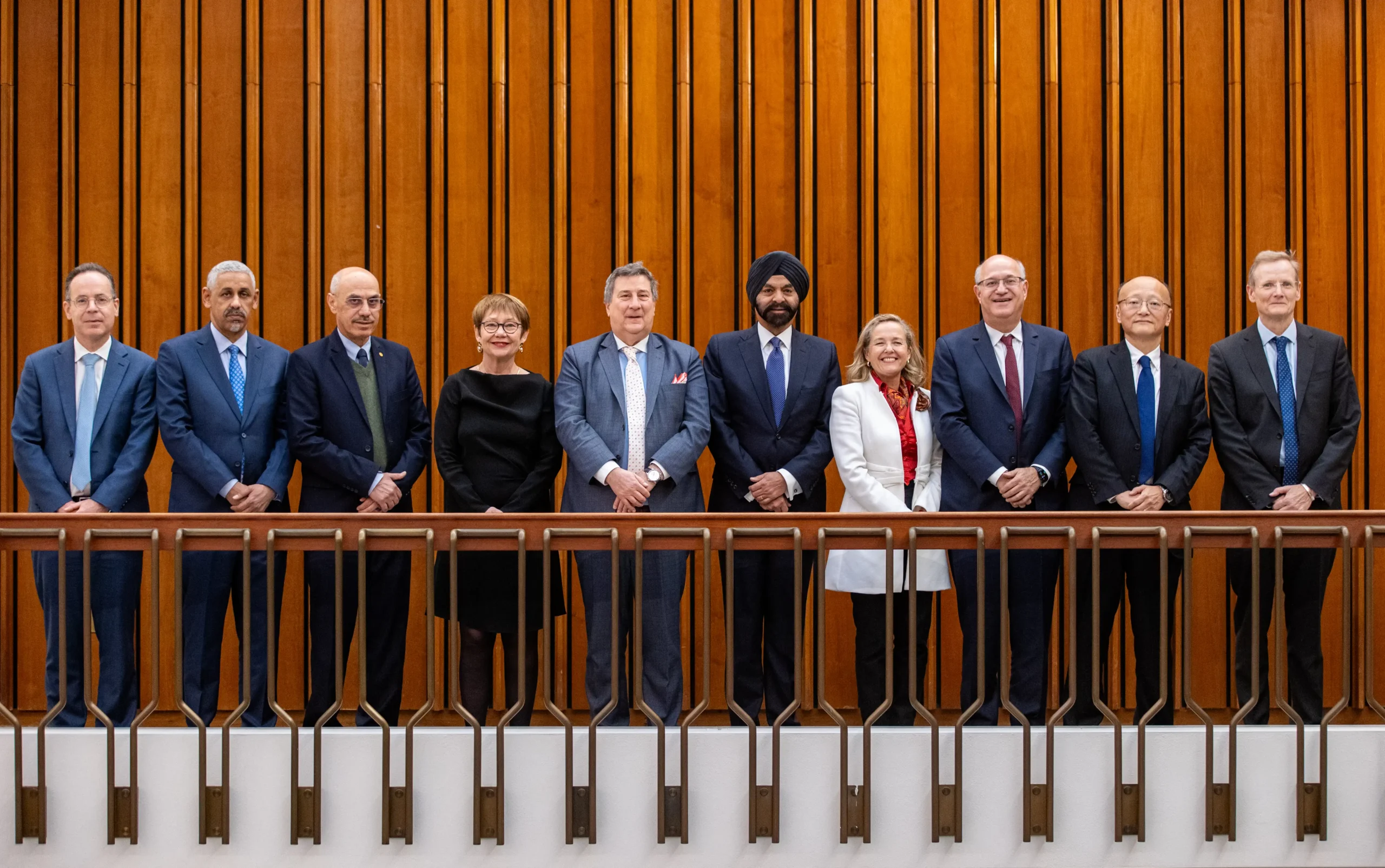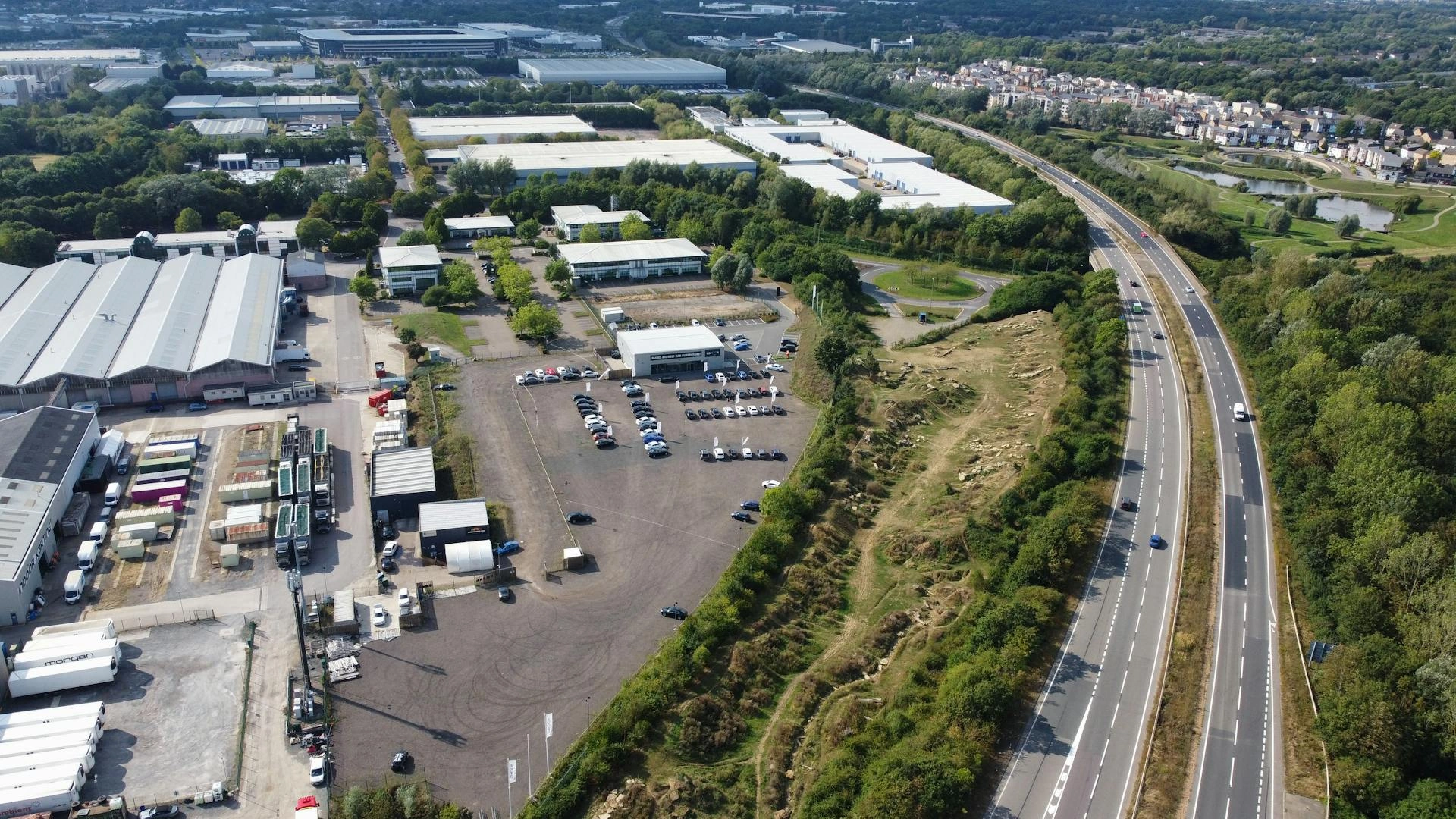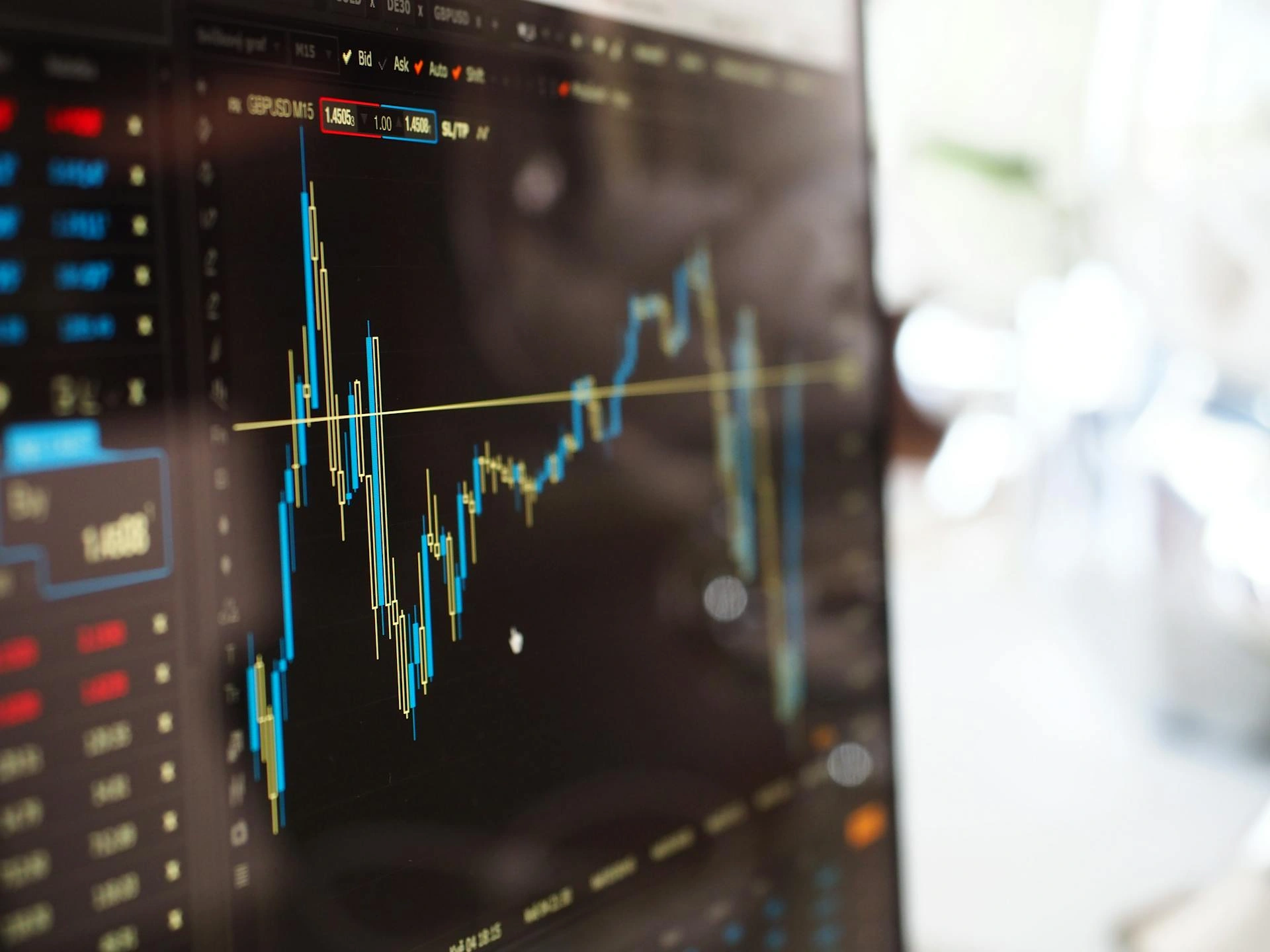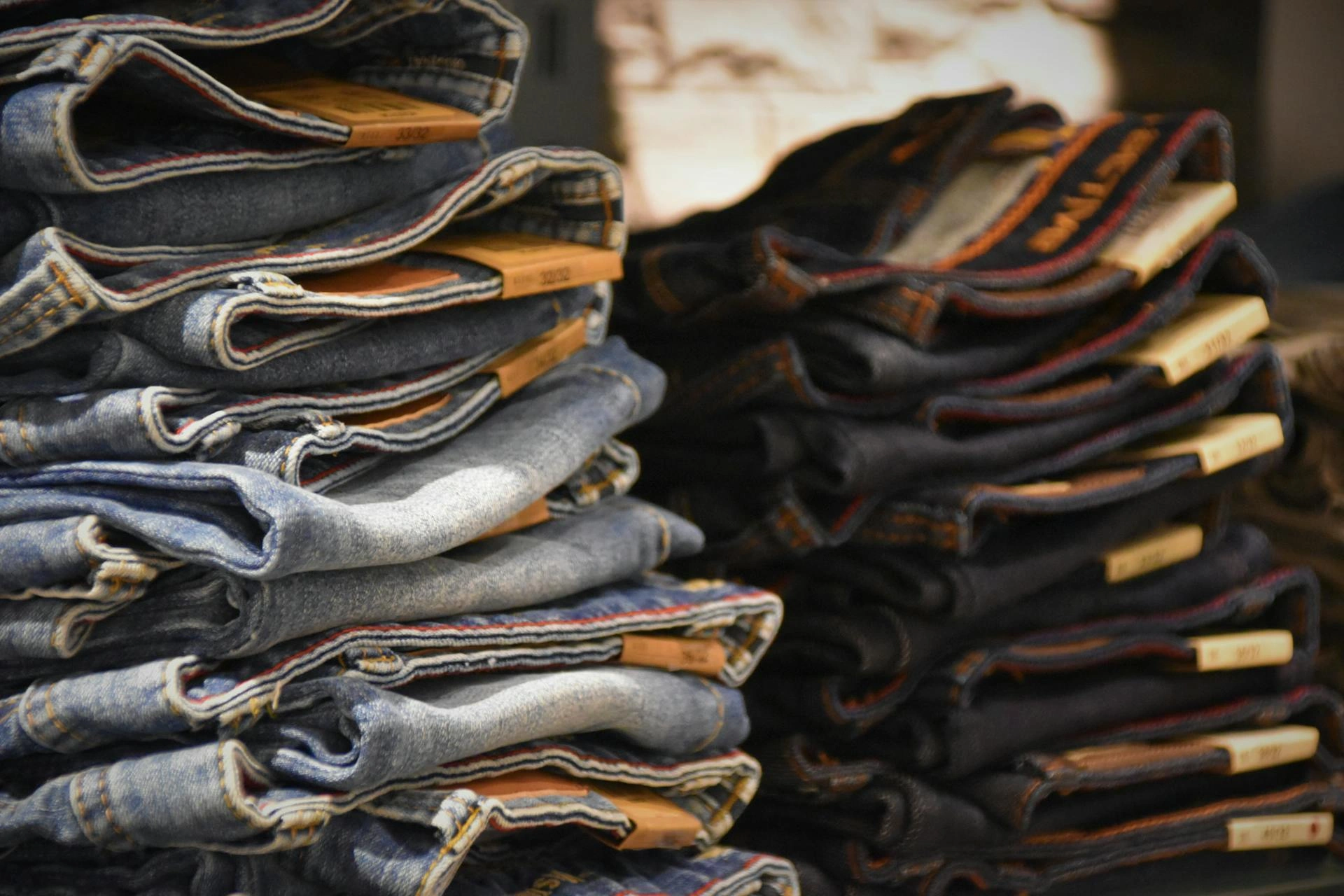The courts’ major role in climate protection

John E. Kaye
- Published
- Climate Change, Home, Sustainability

An increasing amount of climate-related court cases have been making national and international headlines over recent years, and Dr Roda Verheyen, a pioneering climate lawyer has many judicial victories to her name. These include the historic ruling by the German Constitutional Court in 2021 that inadequate climate-change policies impair the freedom and basic human rights of future generations.
So, what overarching significance does the judiciary have on the climate protection debate – and what does this mean for companies? The European caught up with Dr Verheyen who is suing the German government – again.
Climate change is a recognised problem, with governments all over the world passing climate-change legislation and companies reducing their emissions. So, why is the judicial route still necessary?
Roda Verheyen: Climate cases are being heard by the courts because there is a great lack of ambition. Nowhere in the world are the political measures sufficient to meet the targets of the Paris Agreement, which limits global warming to well below 2°C. Given the global challenge we face, it would be negligent not to involve the courts. Climate change cases are a key lever for maintaining political pressure and raising public awareness that there is no alternative to greenhouse-gas neutrality.
What is the basis for taking large companies to court and what is the goal?
RV: There is a broad bandwidth of legal claims based on everything from classic consumer protection law to the reporting and transparency obligations of companies. These rules have been tightened in recent times, by the European Union in particular. This includes the EU taxonomy regulation for sustainable activities, which defines the green label for financial products. However, the greatest impact on the climate will probably come from court cases that tell companies: “Reduce your emissions and stick to your CO2 budget”. Take, for instance, the 2021 Shell case in the Netherlands, where The Hague District Court ordered the Royal Dutch Shell Group to lower its net CO2 emissions by 45 % by 2030 compared to 2019.
The case I filed in 2015 against the RWE energy group, which is still ongoing, is quite different. The plaintiff – Peruvian farmer Saúl Luciano Lliuya – is suffering from the effects of climate change and seeking cost contribution from RWE as global co-causer of the climate crisis. The legal basis for this is the norm of contesting a public nuisance, a universal legal concept.
Can climate court cases be the lever for a drastic rethink by the global business world?
RV: In some instances, the global business world has gone even further than governments, but it does need clear framework conditions. Climate-related lawsuits make companies more aware of the need to take the topic seriously. Such court cases have a reminder function. The more obvious it becomes that we are exceeding the 1.5°C global-warming threshold, the more the courts will be able and willing to intervene in corporate decision making. International environmental law and the Paris Agreement are increasingly being enforced by national courts.
You brought about the famous climate change ruling of the German Constitutional Court in 2021 which rewrote legal history. Is this order by the German Constitutional Court exceptional compared to international decisions?
RV: It was definitely groundbreaking, but it has now become more the rule than the exception. We no longer have to argue about whether climate protection is a human rights issue. We are now in the era of enforcement and that is why approaches to climate change litigation are changing. It is now much more a matter of saying: “Here are our goals on paper, but what are we doing to reach them?” And that is now the basis of our constitutional complaint 2.0 here in Germany.
The new constitutional complaint you have announced in Germany is being supported by environmental organisations including Greenpeace, Germanwatch, and Protect the Planet, and submitted by over 50,000 individual plaintiffs from the general public. What role does civil society play in the success of such legal action?
RV: In a formal sense, civil society does not play a role before the courts. Courts must and should decide without regard to any individuals or political trends. The opening of constitutional complaints to individual plaintiffs primarily has to do with human needs. The emotional impact of politics and self-efficacy are very important elements of democracy. Over the years, so many people have asked me whether they have the power to do something themselves. The widespread extent of public involvement in this constitutional complaint shows that people are really concerned. What they are saying is: “I do something myself. I take my rights positively into my own hands.”

About Roda Verheyen
Dr Roda Verheyen is a lawyer specialising in environmental law, planning law, public construction law and international law as one of the partners of the Günther law firm in Hamburg. She studied in London, Oslo and Hamburg, wrote her doctoral dissertation on ‘Climate Change Damage in International Law’ and has since made a name for herself in the environmental arena with countless high-profile climate cases such as Lliuya vs RWE (2017), the People’s Climate Case (2018), a constitutional complaint against the German Climate Protection Act (2021) and a lawsuit against Volkswagen (2023). Since 2021 she has been an honorary member of the Hamburg Constitutional Court.
Further information
www.protect-the-planet.de/en/climate-litigation
RECENT ARTICLES
-
 Strong ESG records help firms take R&D global, study finds
Strong ESG records help firms take R&D global, study finds -
 How residence and citizenship programmes strengthen national resilience
How residence and citizenship programmes strengthen national resilience -
 Global leaders enter 2026 facing a defining climate choice
Global leaders enter 2026 facing a defining climate choice -
 EU sustainability rules drive digital compliance push in Uzbekistan ahead of export change
EU sustainability rules drive digital compliance push in Uzbekistan ahead of export change -
 China’s BYD overtakes Tesla as world’s largest electric car seller
China’s BYD overtakes Tesla as world’s largest electric car seller -
 UK education group signs agreement to operate UN training centre network hub
UK education group signs agreement to operate UN training centre network hub -
 Mycelium breakthrough shows there’s mush-room to grow in greener manufacturing
Mycelium breakthrough shows there’s mush-room to grow in greener manufacturing -
 Oxford to host new annual youth climate summit on UN World Environment Day
Oxford to host new annual youth climate summit on UN World Environment Day -
 Exclusive: Global United Nations delegates meet in London as GEDU sets out new cross-network sustainability plan
Exclusive: Global United Nations delegates meet in London as GEDU sets out new cross-network sustainability plan -
 Fast fashion brands ‘greenwash’ shoppers with guilt-easing claims, study warns
Fast fashion brands ‘greenwash’ shoppers with guilt-easing claims, study warns -
 Private sector set to overtake government as main driver of corporate sustainability in 2026, report suggests
Private sector set to overtake government as main driver of corporate sustainability in 2026, report suggests -
 Sir Trevor McDonald honoured at UWI London Benefit Dinner celebrating Caribbean achievement
Sir Trevor McDonald honoured at UWI London Benefit Dinner celebrating Caribbean achievement -
 Historic motorsport confronts its energy future
Historic motorsport confronts its energy future -
 Protecting the world’s wild places: Dr Catherine Barnard on how local partnerships drive global conservation
Protecting the world’s wild places: Dr Catherine Barnard on how local partnerships drive global conservation -
 Europe’s HyDeal eyes Africa for low-cost hydrogen link to Europe
Europe’s HyDeal eyes Africa for low-cost hydrogen link to Europe -
 Fabric of change
Fabric of change -
 Courage in an uncertain world: how fashion builds resilience now
Courage in an uncertain world: how fashion builds resilience now -
 UAE breaks ground on world’s first 24-hour renewable power plant
UAE breaks ground on world’s first 24-hour renewable power plant -
 China’s Yancheng sets a global benchmark for conservation and climate action
China’s Yancheng sets a global benchmark for conservation and climate action -
 Inside Iceland’s green biotechnology revolution
Inside Iceland’s green biotechnology revolution -
 Global development banks agree new priorities on finance, water security and private capital ahead of COP30
Global development banks agree new priorities on finance, water security and private capital ahead of COP30 -
 UK organisations show rising net zero ambition despite financial pressures, new survey finds
UK organisations show rising net zero ambition despite financial pressures, new survey finds -
 Gulf ESG efforts fail to link profit with sustainability, study shows
Gulf ESG efforts fail to link profit with sustainability, study shows -
 Redress and UN network call for fashion industry to meet sustainability goals
Redress and UN network call for fashion industry to meet sustainability goals -
 World Coastal Forum leaders warn of accelerating global ecosystem collapse
World Coastal Forum leaders warn of accelerating global ecosystem collapse



